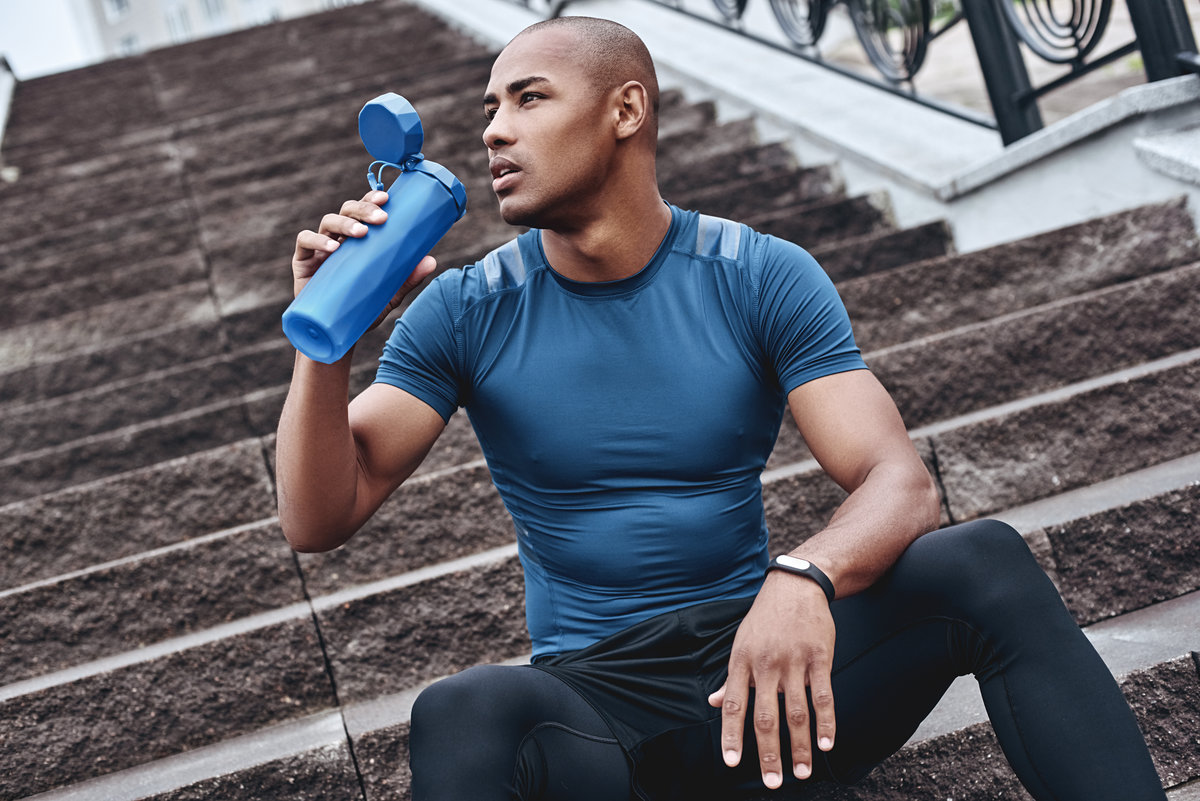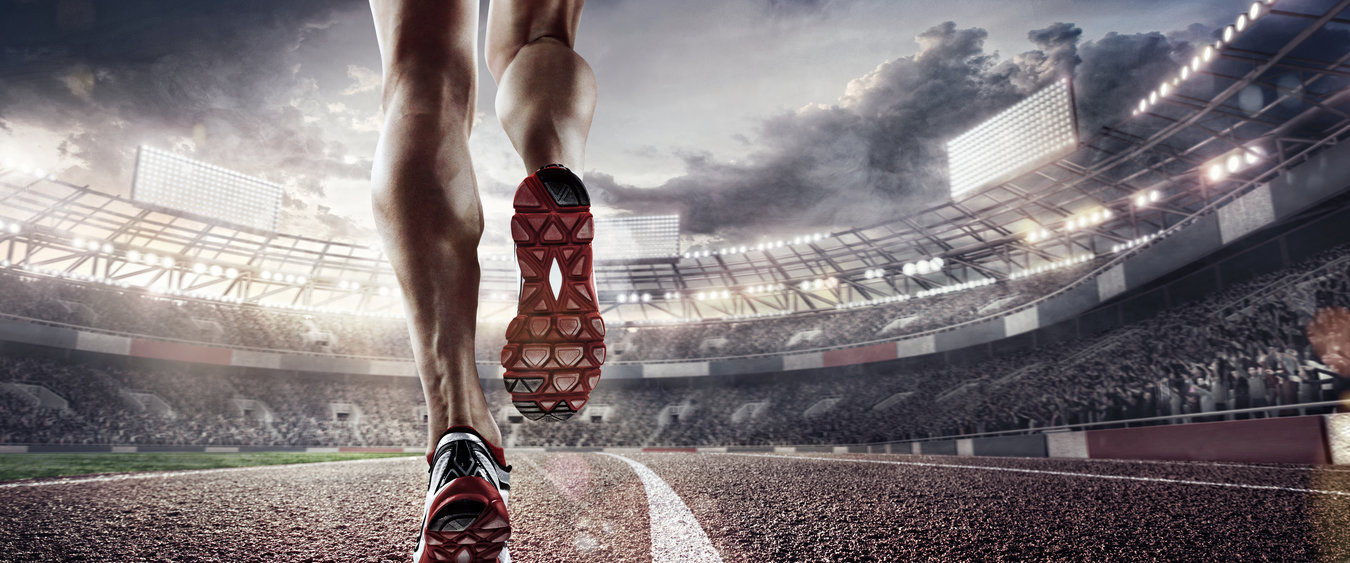The world population is getting more active. In recent years there has been a boom in recreational sport and athletics, with millions of people taking up their favorite activity either at an amateur level or simply as a hobby.
Though not everyone is doing it for the same reasons. The part-time sports enthusiasts and non-professional bodybuilders want to achieve their performance goals, so they’re taking inspiration from the professionals and pushing themselves further with more intensive training.
Then there are those people who take up sporting activities as part of a lifestyle strategy; these people want to be fitter and healthier, so they are pushing themselves at the gym, cycling, jogging, etc..
You also have the healthy agers: these people are well-informed; they’re aware that they need to stay fit as they move into old age, so they take up sport and fitness activities as part of a regular routine.
This trend towards being more active is a great thing for global fitness levels. However, many active people are still unaware of the importance of sports recovery, also known as the ‘recovery principle’ (which is something that professional athletes, sports-people and bodybuilders are already aware of).

So what is sports recovery and why is it important?
In order to benefit from intensive training and exercise your body needs time to recover. Not only does this help you benefit from the training, but it also reduces your risk of injury.
Generally athletes and other sports-people train for a reason: they want to get fitter and stronger so their body can withstand more and improve their performance levels.
It’s in the recovery period that the improvement actually takes place. Here’s why: intensive workouts put your body through stress. The body then adapts to this stress so it can cope with it next time. However, in order to adapt, the body needs to recover first.
For example, weightlifting causes lots of very small tears in the muscle fibres; the body then repairs that damage and adds some extra fibres so it can better cope with the stress next time. That’s how muscle-building works. However, in order to repair the muscle damage, the body needs a period of rest, otherwise it can’t keep up with the damage and eventually injury occurs.
Intensive exercise can stress the entire musculoskeletal system, resulting in muscle soreness and inflammation in the connective tissues. If you continue with intensive exercise while in this condition, you are risking injury and reduced performance levels.
So for all athletes, bodybuilders and sports-people, recovery is an essential part of the training.

What are the most important factors for optimizing sports recovery?
Here are the key areas to consider when optimizing your sports recovery:
Sleeping
Sleep is when the body repairs and replenishes itself. More precisely, during deep sleep the body produces Human Growth Hormone (HGH) which is used for repairing damaged tissue. Sports recovery is all about repairing and replenishing, so it’s essential you get adequate sleep during your recovery periods.
This means sleep should be a major part of your sports recovery routine. The average adult needs around eight hours of quality sleep a night. If you’re having trouble getting a good night’s rest, then you may want to consider developing a daily routine based on the principles of sleep hygiene (check out this link for more information).
This will help you make the most of your sports recovery and help you improve your performance and fitness levels.
Relaxation
Another important factor of sports recovery is relaxation. Essentially, intensive exercise is a form of physical stress that causes inflammation in various parts of the body.
Using relaxation techniques can help you reduce this inflammation and thereby help you recover more quickly.
Relaxation could be anything from going to a spa and enjoying a nice massage or sitting out in the garden with a good book on a sunny day or having a hot bath with lovely aromas and calming music.

Sports Nutrition: Collagen Peptides
Sports nutrition is the idea that nutrients from diet and dietary supplements can help the body recover quicker and boost performance, strength and fitness, and reduce the risk of injury. Professional sports-people already know the value of sports nutrition, with many of them incorporating it into their training and recovery strategies.
It is well known that proteins are an essential nutrient for building muscle. A special type of protein supplement is collagen peptides, which is becoming an essential part of sports recovery.
In a recent clinical study (Tom Clifford et al., 2019)collagen peptides were put to the test. The results were very promising. The participants who took 20g of collagen peptides a day had 20% less muscle soreness after intensive exercise and showed improved performance.
The researchers concluded:
“The main finding of this study is that collagen peptide supplementation accelerated the recovery of countermovement jumping performance and tended to reduce muscle soreness following a bout of muscle-damaging exercise . . . 9 days of collagen peptide supplementation might help to accelerate the recovery of muscle function and attenuate muscle soreness following strenuous physical exercise.”[1]
On the whole, collagen peptides appear to help reduce the recovery time thereby allowing all kinds of active people to make the most of their exercise and training.
So you may want to make collagen peptides part of your sports recovery routine.
If you would like more information about Sports Nutrition, check out this page. And then take a look at our whitepaper.
DISCLAIMER:
Rousselot makes no representation or warranty, whether expressed or implied, as to the accuracy, reliability, or completeness of the information, nor does it assume any legal liability, whether direct or indirect, for any information. Use of this information shall be at your discretion and risk. Nothing herein relieves you from carrying out your own suitability determinations and tests and from your obligation to comply with all applicable laws and regulations and to observe all third-party rights. This product is not intended to diagnose, treat, cure, or prevent any disease.
